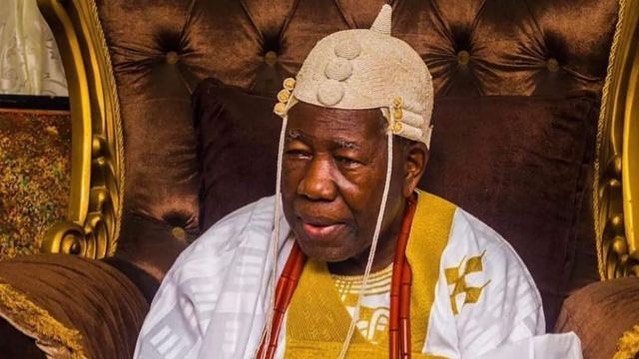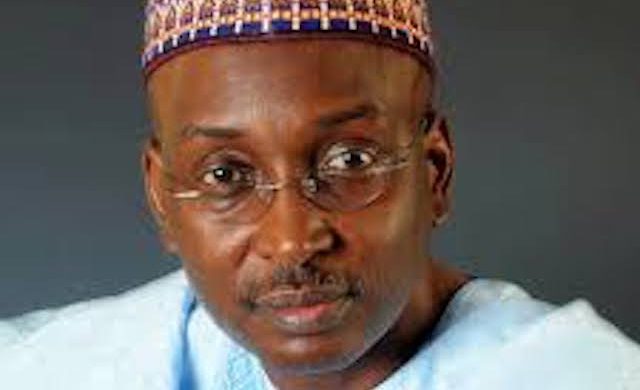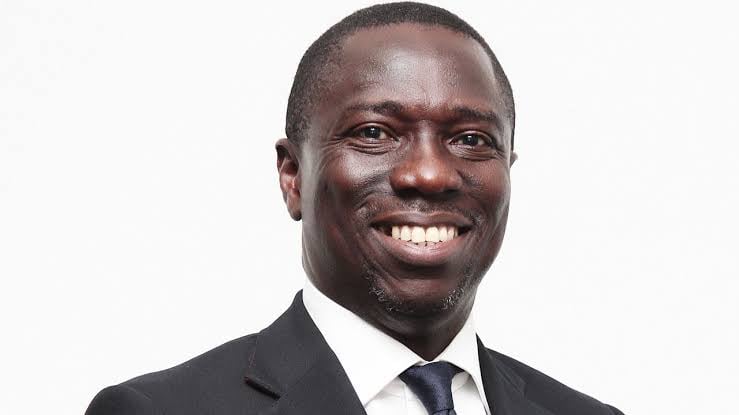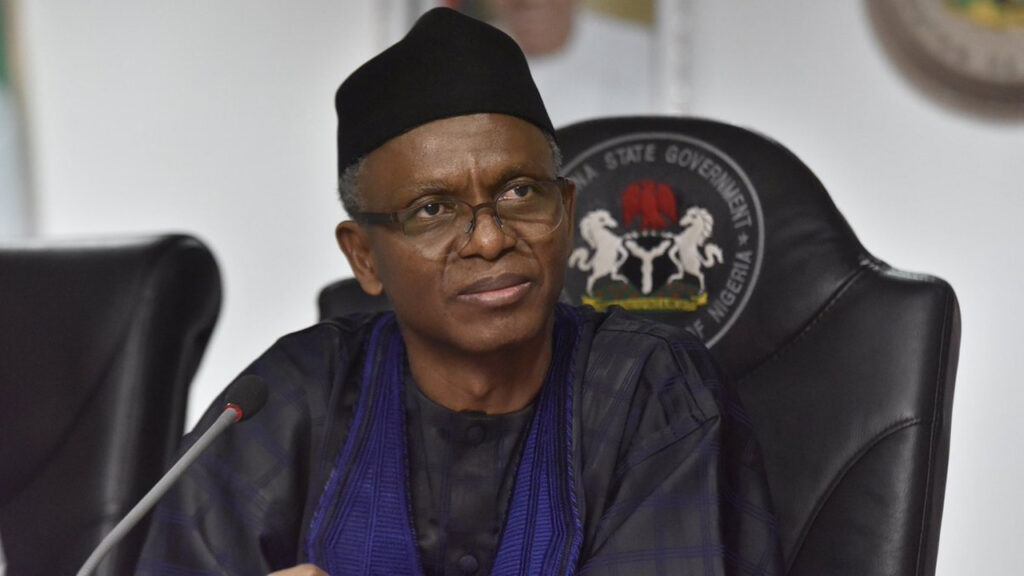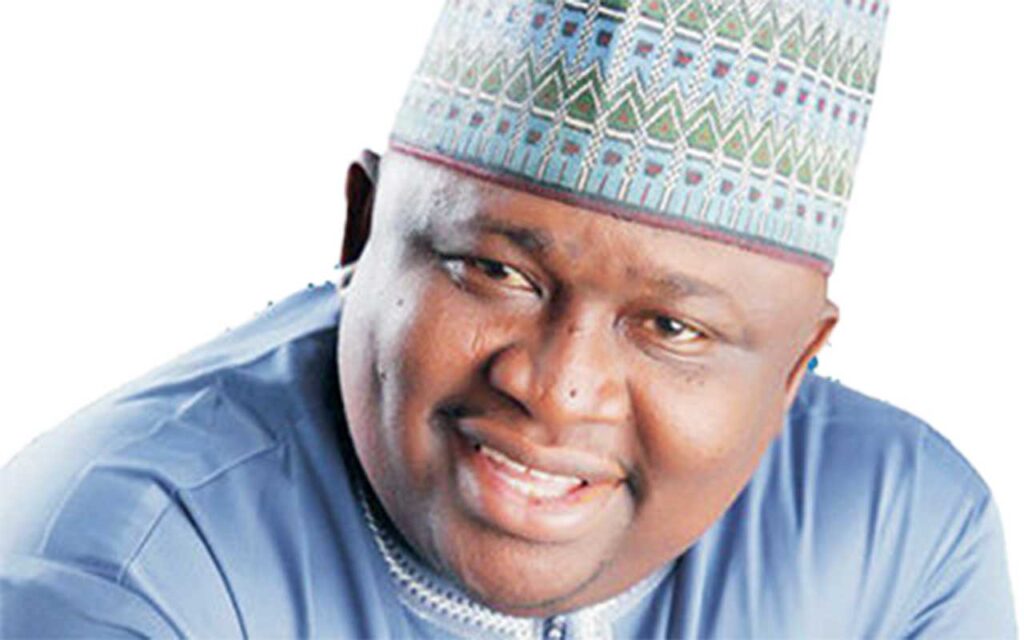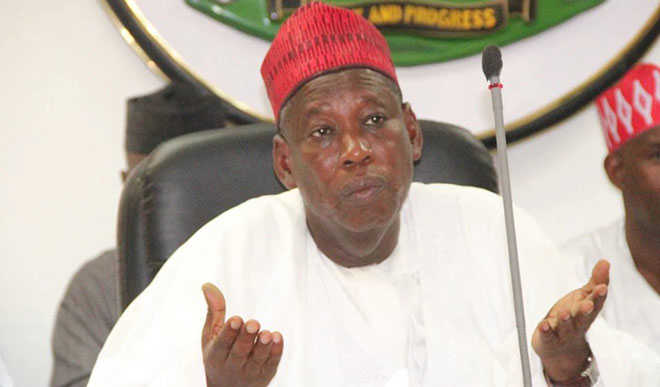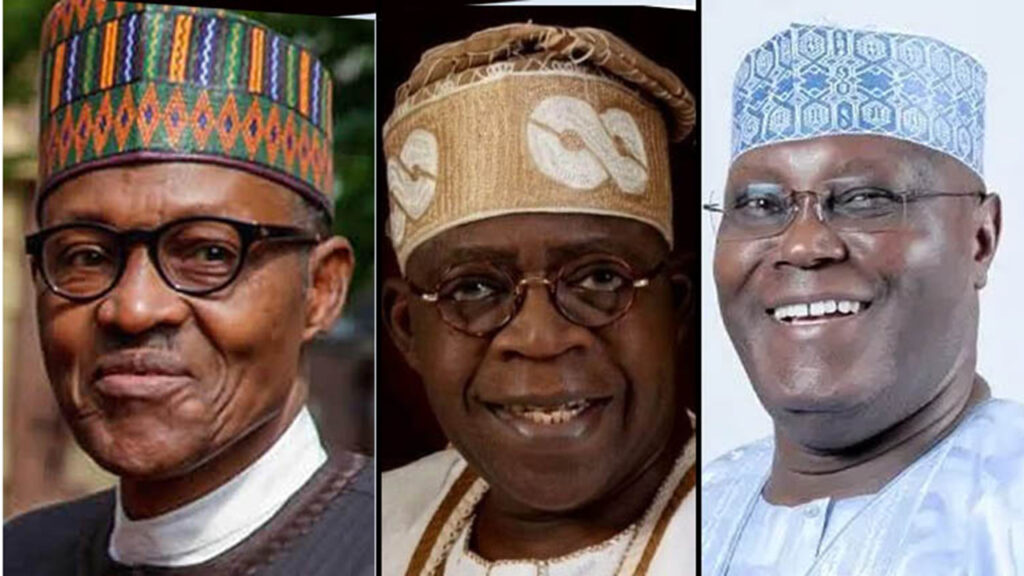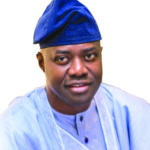
Another review of Olubadan chieftaincy declaration and attendant proliferation of crowns in Ibadan has raised more dust than required for real progress in the state, ROTIMI AGBOLUAJE writes.
The controversy that trailed the review of Olubadan declaration, by Governor Seyi Makinde of Oyo State, did not come as a surprise to many indigenes of the ancient city. This is because of the sour relationship between him and former governor of the state, Rasheed Ladoja.
Both politicians had exploited the chieftaincy law review to allow members of Olubadan-in-Council to wear beaded crowns to fight the late Governor Abiola Ajimobi and the All Progressives Congress (APC) out of power. This action paved the way for Makinde, who was the then governorship candidate of the Peoples Democratic Party (PDP) in 2019.
Ladoja, who was a chieftain of the Zenith Labour Party (ZLP), led other four opposition parties to campaign for Makinde and the issue of review of Olubadan declaration, which had polarised Ibadan indigenes became a weapon for politicians to advance their interests.
Soon after Makinde won the election, he fell apart with Ladoja, who was alleged to have worked against the governor’s re-election this year. Consequently, Makinde made a U-turn and revisited the controversial review of Olubadan declaration, which Ladoja had said was against his interest. This triggered another legal battle over the appropriateness of members of Olubadan-in-council also known as High Chiefs to wear beaded crowns.
Despite criticisms by the immediate past Olubadan of Ibadanland, the late Oba Saliu Adetunji, the Osi Balogun of Ibadanland, Ladoja, and the then Otun Olubadan of Ibadanland, Senator Lekan Balogun, six other members of the Olubadan-in-council and 21 Baales, were in August 2017 conferred with kingship status by the late Ajimobi.
The coronation was done after the review of the 1957 Olubadan Chieftaincy Declaration and other related chieftaincies in Ibadanland.
It was done in line with “section 28 (i) Cap. Vol. 1 of the Chiefs Law of Oyo State of Nigeria 2000, and in line with the provisions of the amended 1959 Declaration of Olubadan and other related chieftaincies in Ibadanland as well as the Government White Paper as conveyed in Government Gazette No. 14, Notice 27 Vol. 42 of 24th August 2017 and Gazette No. 15 Notice 28 Vol 42 of 24 August 2017.”
This came after the Justice Akintunde Boade Review panel had recommended that Ibadan should have 32 crown-wearing Obas besides the Olubadan.
The late Oba Adetunji and Senator Ladoja, headed to court to challenge the action and secured victory. The crowned High Chiefs and Baales appealed the verdict, but the demise of Oba Adetunji on January 2, 2022, and the decision of the government that Senator Lekan Balogun, who was in line to succeed Oba Adetunji should withdraw the appeal to allow him achieve his ambition of becoming the Olubadan stalled the matter.
High Chief Balogun and other embattled High Chiefs agreed with the government’s decision and Balogun was crowned the Olubadan of Ibadan.
BUT to the chagrin of many residents of the state, the government in May 2023 announced that it has concluded an arrangement to amend Section 28 of the Oyo State Chieftaincy Law 2023 to allow High Chiefs to wear beaded crowns.
The law was sent to the state House of Assembly and it was reviewed. As a result, Oba Balogun crowned 10 high chiefs as kings, while Ladoja stayed away.
 Reacting to the development, Ladoja dragged Governor Makinde, Oba Balogun and 10 members of the Olubadan-in-Council to an Oyo State High Court sitting in Ibadan.
Reacting to the development, Ladoja dragged Governor Makinde, Oba Balogun and 10 members of the Olubadan-in-Council to an Oyo State High Court sitting in Ibadan.
In his statement of claim, Ladoja alleged that Olubadan was plotting that, “if he “refused to be crowned, he would be denied of his status as Otun Olubadan of Ibadan land and that he would not be permitted to ascend the throne of Olubadan of Ibadanland when it is his turn.”
When the battle began in 2017, it was Ladoja and Makinde against Ajimobi and Balogun, but now, it is Ladoja against Makinde and Oba Balogun.
Many residents of the ancient city believe that it is going to be a different ball game this time because all the major actors understand politics of the throne despite the fact that Oba Balogun has resigned from active politics before he ascended the throne.
Also, many are asking if there was no love lost between Makinde and Ladoja, would the governor have gone ahead to review the Olubadan chieftaincy law? Besides, will Oba Balogun, who was one of the major beneficiaries of the review in 2017 as High Chief, now turn his back against the review as Olubadan of Ibadan?
Commenting on the development, a political analyst, Sanjo Akamu said he did not see any difference between what Makinde had done and what Ajimobi did.
Akanmu said: “Anything about the Olubadan stool cannot be divorced from politics. A traditional stool is about society and anything about society is politics.
“I could not see anything different but it is an acceptance of what Ajimobi did. They just made it a law. It has a political undertone.
“Only Ladoja has been consistent while others have changed positions. Makinde is supporting what he opposed as a way to get at Ladoja. They used the step taken then to campaign against Ajimobi in 2019. That is politics.”
While speaking about the political leaning of Ladoja, Akanmu said: “A high chief is not supposed to be in politics. However, in the last presidential election, he supported Atiku Abubakar against Bola Tinubu. To get at Makinde, Ladoja supported APC candidate, Teslim Folarin in the governorship poll.”
A don at the Precious Cornerstone University, Ibadan, Oluwole Ayinla, said it might be a payback time because Ladoja did not work for Makinde’s re-election.
“In politics, there is no permanent friend or enemy but permanent interest,” Ayinla added.
On his part, Dr. Stephen Lafenwa of the Political Science Department, the University of Ibadan (UI), Ibadan, said the fact that Ladoja did not support the governor’s re-election bid might be one of the reasons for the action.
He, however, noted that culture is dynamic, saying he would support the reform if it is devoid of political undertone.
“Be that as it may, culture and tradition are dynamic, which can change. That is what he said he is introducing so that we can have more Obas in Ibadan.

A professor of Political Science at the University of Ilorin and former Chief of Staff to the late Ajimobi, Gbade Ojo, said the fact that Ladoja did not support Makinde for the second term bid and he actually mobilised publicly against him means the battle line has been drawn politically.
Ojo said: “It is becoming interesting now, because it is the same report of Ajimobi that was panel-beaten by Makinde. Nothing has changed in the gazette and reform that Ajimobi carried out.
“For the same panel-beaten reform, Ladoja has gone to court again, which means he is not comfortable with the reform for reasons best known to him.
“I can confidently say that the greatest fear of Ladoja is insinuating that the current Olubadan intends to remove him from the lineage. The problem with him is that the gazette makes it mandatory that you must wear the coronet before you can be crowned as Olubadan. For someone who avoided the coronet, he has been automatically boxed in a corner such that he cannot ascend the throne of Olubadan.”
However, Prof. Olu Ojedokun, a law teacher at the Lead City University, Ibadan, said it is premature to read politics to it, saying there are many factors that were considered.
The professor of law said: “You cannot separate politics from legal issues here. Ajimobi took some steps without implementing the law that empowers him to do so. What Makinde did was to grant him enormous power in respect to the traditional institution. He even has gone beyond that, rather than allowing himself to be consenting authority, he went to the Olubadan to act as a consenting authority in this case. The governor has covered himself with law by allowing the House of Assembly to pass the law.
“It is slightly different from what Ajimobi did because the proposal came from Olubadan.”
Speaking on why the governor took a different position now, Ojedokun said: “Makinde was in opposition then, but now in government. It is a different reality. Politics is dynamic.
“Also, those that want to wear the crown are in a hurry to do so while Ladoja’s ambition is to become Olubadan. The governor has covered himself with law. It is premature to read politics into it.”
Speaking on the insinuation that the step was political, the Chief Press Secretary to Governor Makinde, Suliamon Olanrewaju, said the elevation of Ibadan Obas had little or nothing to do with the governor.
He noted that the idea was initiated by Olubadan, who is empowered to elevate his high chiefs, if he so wishes as the consenting authority.
The CPS added that Governor Makinde sees himself as the leader of the state, who is duty-bound to protect the interest of everyone, adding that he worked hard to change the face of the state.
The governor’s aide said there was no vendetta in the process. “The elevation of Ibadan Obas has little or nothing to do with the Governor.
“The idea was initiated by Olubadan, who is empowered to elevate his high chiefs, if he so wishes. The governor’s involvement was only because he had to approve the monarch’s proposal before it could be realised. The governor only assented to the letter written to him by Olubadan. He was not the one who elevated or crowned the new Obas. So, the issue of vendetta does not arise,” he said.
On his part, the Oniroke of Irokoland, Oba Olasunkanmi Abioye Opeola, said all must abide by what Olubadan wants, saying the monarch is the father of all.

